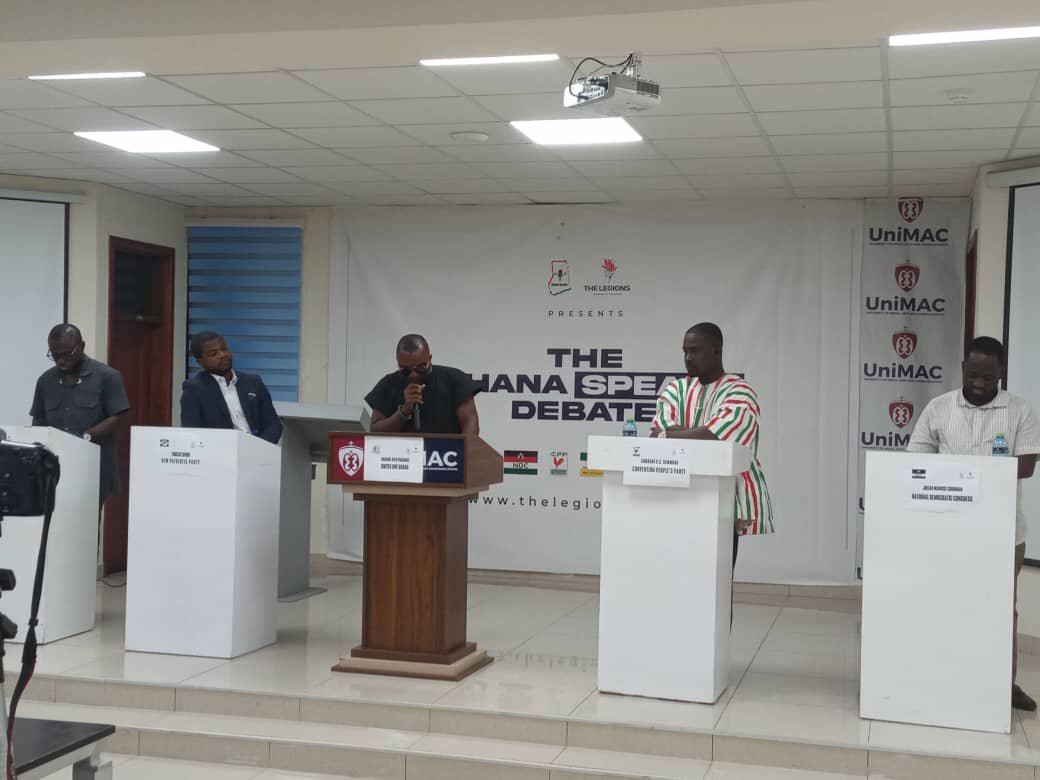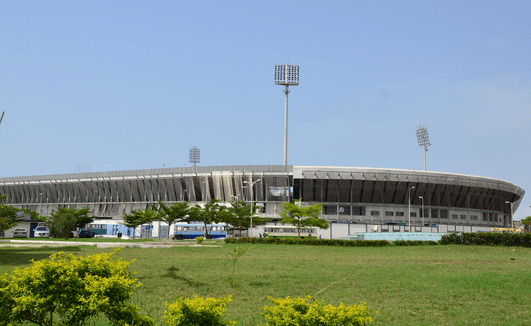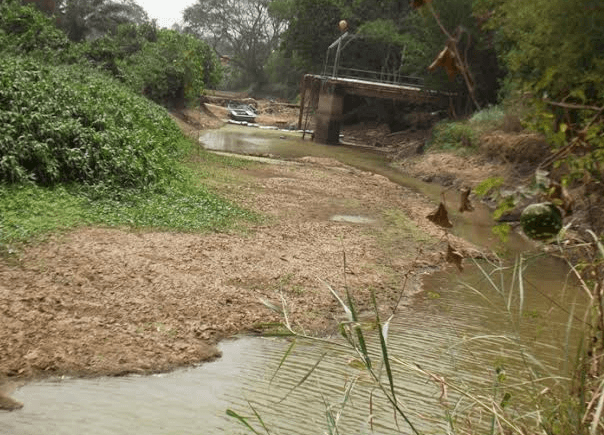
Political and security analysts have likened Sudan to a dead lion which is being devoured by economic and political vultures. The analysts have attributed the ongoing civil war in Sudan to geopolitical interest by western and Asian vultures. Over the past few decades Sudan has been caught in a constant state of collapse which is fueled by geopolitical interests.
Despite being in a permanent state of war, Sudan is one of Africa’s richest countries in terms of mineral resources. Therefore, which ever power controls Sudan politically will have access to the red sea, which is a major global trade route that yields millions of dollars each year.
In addition, the powers that control Sudan will equally control the River Nile, which supplies fresh water for Egypt’s 110 million population. Moreover, the counties that control Sudan will also control its enormous deposits of gold and oil. It is estimated Sudan has the third largest gold deposit in Africa.
United Arab Emirates
The first vulture that is feeding on the conflict in Sudan the United Arab Emirates (UAE). UAE has been cited as the largest financier of the Rapid Support Forces (RSF), which is causing most of the atrocities against Sudanese civilians, including women and children. But why is UAE supporting the RSF?
The key reason is that RSF currently controls the territory that is rich in gold worth billions of dollars each year. To have access to the gold, Sudan must be held in a permanent state of war. Like other countries that are fueling the conflict, the UAE is subtly supporting both the RSF and Sudanese Armed Forces (SAF).
The SAF controls the coastline along the red sea; therefore, having access to the coast translates to controlling the strategic and lucrative trade routes in North Africa that yields millions of dollars annually.
The unending war makes UAE to directly purchase the illegal gold from the RSF leaders, thus bypassing the Central Bank of Sudan. With the connivance of RSF commanders, Sudanese gold is being smuggled out like water. The illegal gold is then refined in UAE and sold in the global market under the trademark of Emirates. Curiously, while there is no single gold mine in the UAE, it is now one of the biggest dealers of gold in the world. Over the years RSF has built its capacity and sustained its fight with millions of dollars from gold sales to UAE.
Not only, the does the UAE finance the RSF, it also supports SAF by building trade zones across Sudan’s coastline. Thus, while the leaders of RSF and SAF are benefiting from the war, the poor people of Sudan remain the victims and the sacrificial lambs. In fact, in its current state, Sudan can only be described as hell on earth.
The role of Egypt
The second vulture that is devouring Sudan is Egypt, which exclusively supports the SAF. Egypt’s support is perhaps, what gives the beleaguered Sudanese government some level of legitimacy. In place of supporting SAF, Egypt has control over the fresh water of the River Nile for domestic and industrial use. The channel of the River Nile, around the Khartoum area is currently under the SAF control, which suggest why Egypt is supporting the SAF to maintain control over the strategic territory.
Egypt has made it clear that it will not allow the RSF to cross the red light. For this reason, Egypt provides SAF with weapons and trains its military to defend its against RSF forces. As indicated earlier, Egypt is one of few countries that provides Sudan internal legitimacy and political recognition at the global stage. Due to its permanent interest in Sudan Egypt, like other powers cares little about stability in Sudan. The notion is that when Sudan remains weak it would be more submissive to Egypt, which is a dominant force in the region. This translates to the assumption that the Sudanese government can never threaten to stop the supply of water to Egypt.
The role of China
As an emerging economic and military giant in the world, China does not care about which of the factions takes control over Sudan. China’s strategy is to exert influence on Sudan, no matter which faction is in power. As the war rages, China is providing Sudan with massive infrastructure, which in the long term could trap Sudan into unsustainable debts. Strategically, China is controlling the bulk of Sudan’s infrastructure due to its indebtedness to the Asian power.
In the 1990s the United States of America imposed economic and military sanctions on Sudan for war crimes. China took advantage of the sanctions and invested massively in Sudan’s industries, such as pipelines, roads and industries along the red sea. This means that Sudan will in the foreseeable future depend on China for economic and military support. In exchange, Sudan pays China with oil, gold and other mineral resources.
The agreement ensures that Sudan will remain China’s biggest trading partner in the region. Some economic and political analysts argue that China does not care whether the oil and gold come from the SAF or RSF controlled territory; China’s only interest is that the gold and oil will keep flowing as part of the long term economic and military cooperation.
The Russia factor
Russian is another country that is believed to be sponsoring both SAF and RSF for strategic reasons. This is because Russia plans to build a naval base along the coast of Sudan as part of plans to exert its influence in Africa. The United States and Europe have expressed worry at the speed with which Russia’s economic and military cooperation is spreading in Africa. Some analysts argue that second cold war between western powers and Russian could be fought over access to Africa’s mineral resources.
Big brother Saudi Arabia
As a big brother in the Middle East, Saudi Arabia has an agenda to maintain peace and security in and around Sudan. The obvious reason is to protect the red sea, which stretches between Saudi Arabia and Sudan. Saudi Arabia has therefore positioned itself as the peace brokers of the Sudan enclave. However, Saudi Arabia’s hands are not clean either. For years, the Arab Kingdom financed the RSF forces to fight a proxy war in Yemen on its behalf. In the process Saudi Arabia financed and helped to build the capacity of RSF, which is now tearing Sudan apart.
The little superpower
The story of the conflict in Sudan and the larger middle east cannot end without mentioning the role of Israel, which has been described Israel as the world’s biggest spy. Security analysts say Israel possess the most sophisticated surveillance system in the world. Nevertheless, the tiny Jewish nation is not hungrily interested in Sudan’s oil and gold like others.
Israel’s desire is for Sudan to join the “Abraham Accords” to normalize the diplomatic, political and economic relations between the two countries. The Abraham Accords are a series of normalization agreements signed in 2020 between Israel, the United Arab Emirates, Bahrain, and Morocco. The deal was brokered by the United States enable the parties to establish or restore diplomatic, security and cultural relations among themselves. This will hopefully end decades of bitter relations and military hostilities. Furthermore, the accords could opened the door for collaboration in areas like trade, security and culture.
It is expected that an alliance between Israel and Sudan will prevent Iran, Israel’s fiercest enemy in the middle east from gaining influence in Sudan. Moreover, a Sudan-Israel friendship will give Israel free access to security and intelligence along the coast of Sudan. In addition, Israel will be able to monitor shipping activities and military movements, as well as maintaining strategic relations between both SAF and RSF. According to political analysts Israel simply wants Iran out of the way but will align with whoever wins political power in Sudan.
Big uncle Sam
As insecurity and turmoil worsens many analysts have argued that the United States does not really care about the outcome of the conflict in Sudan, as far as the beleaguered country does not align with either China or Russia. These two major global players are giving USA sleepless nights over the control of strategic parts of the world, especially in Africa.
The battle over Africa is basically because of the continent’s huge mineral resources, which for ages have been exploited by western powers to build their economies, while Africa remains poor and still bleeding. A clear case is the genocide and bloodletting that is occurring in Sudan. As far as the United States has its allies-Saudi Arabia, Egypt and Israel at the heart of the Sudan conflict, the USA can focus on more significant economic and miliary issues occurring elsewhere (Ukraine, Burkina Faso, Mali and Niger).
The connivance of UK
It has come to light that after the UAE refines the conflict gold from war zones like Sudan and previously in Burkina Faso, Mali and Niger, the final commodity is sold in the global market through London. The million or trillion of dollars that accrue from the “bloody gold” are then deposited in British banks. So, as far as Britain is benefitting from cash flows into its banking system, it does not care where the gold is coming from. It does not care when women and children are being massacred for the control of Sudan’s mineral resources. The eyeball of the United Kingdom is permanently on the money from old.
No lasting peace
Regrettably, most of the world benefits from Sudan’s permanent state of chaos. This explains why none of the interest groups wants lasting peace for Sudan. Since 1956 when it gained pollical independence from British and Arab colonizers, Sudan has never experienced nationwide peace. The control and devastation od Sudan over the years is not by accident, it is a well-orchestrated plan to keep it in perpetual conflict, so that its resources can be exploited continuously. We live in a world where human lives are no longer valuable. We live in a world where oil and gold are more valuable than human lives. It is obvious that peace and stability in Sudan will stall the ongoing “bloody” exploitation of Sudan and its poor population.
In a recent address to AU leaders, Professor, Ahmed Samater likened the situation in Sudan to his native Somalia, which suffered a similar geopolitical invasion and neglect. He accused the Africa Union of failing to support Somalia against foreign invasion. Prof Samater accused the UAE of sponsoring RSF and creating the chaotic situation in Sudan.
He compared the situation in Sudan to the Apartheid racial system in South Africa and the evil system of Ian Smith in Southern Rhodesia. Together, these two obnoxious systems dehumanized and exploited Africans for centuries without remorse, he stated. “So, we should sanction UAE and ban criminal governments from attending any AU meeting. We should not be inviting criminals into our forums”, Prof Samter warned.
The post Development Discourse with Amos Safo: An analysis of the geopolitical civil war in Sudan appeared first on The Business & Financial Times.
Read Full Story






















Facebook
Twitter
Pinterest
Instagram
Google+
YouTube
LinkedIn
RSS